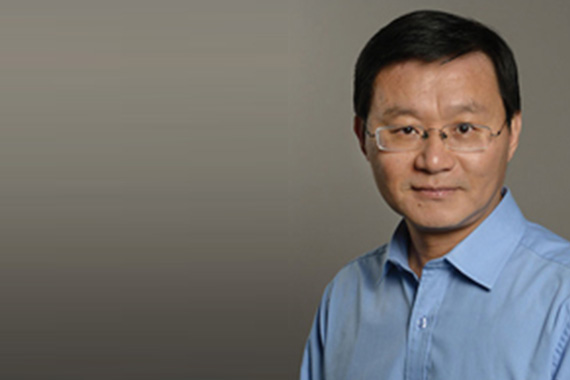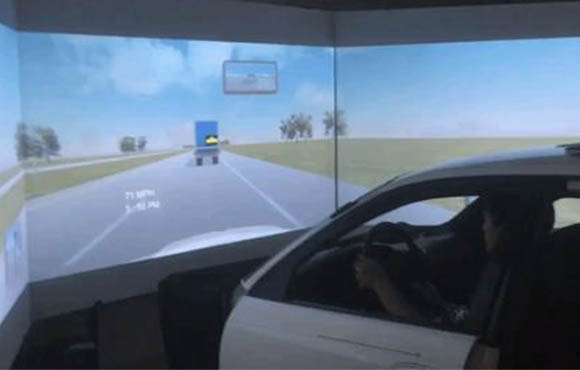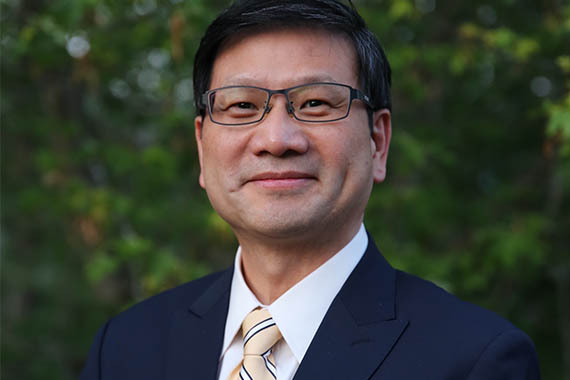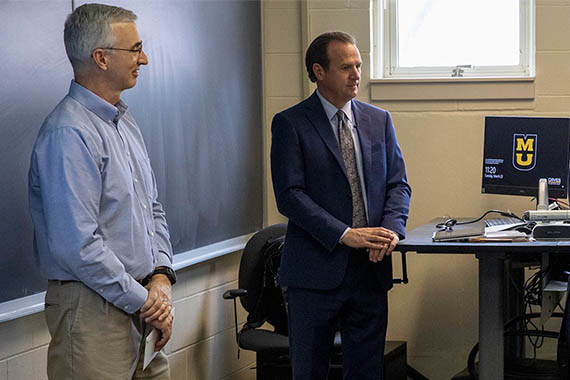
EECS department recognizes outstanding faculty, students
The Department of Electrical Engineering and Computer Science (EECS) recognized outstanding faculty and students at a first-of-its kind awards ceremony earlier this month.

Rao honored with Long Service Award
Praveen Rao has been honored with a Long Service Award from PLOS One, a peer-reviewed open access scientific journal.

Two Mizzou Engineers named AAAS Fellows
Two Mizzou Engineering faculty members have been named American Association for the Advancement of Science (AAAS) Fellows for their distinguished efforts in advancing their fields.

Mizzou Engineers recognized at Transportation Research Board meeting
Several faculty from Mizzou’s civil and environment engineering department were recognized and presented at the Transportation Research Board (TRB)’s 102nd Annual Meeting in Washington, D.C. last week.

Huang named SPIE Fellow
Mizzou Engineering’s Guoliang Huang has been named a Fellow of SPIE, the international society for optics and photonics.

Engineering team earns research award for study of autonomous truck platoons
Civil engineering Professor Carlos Sun and his team have received a prestigious award from the American Association of State Highway and Transportation Officials (AASHTO) for their studies of autonomous truck platoons. Sun will receive the AASHTO High Value Research Award in the Safety, Security and Emergencies Supplemental Category at the Transportation Research Board’s (TRB) annual meeting in January.

UM Curators name Hongbin ‘Bill’ Ma Curators’ Distinguished Professor
Mizzou Engineering’s Hongbin “Bill” Ma has been named a Curators’ Distinguished Professor, the highest honor bestowed by the University of Missouri System. “I’m so honored,” Ma said. “This is certainly a highlight of my career at Mizzou, and I appreciate my colleagues and students who have supported me…

Shyu receives MU Faculty Alumni Award
Chi-Ren Shyu, a professor in electrical engineering and computer science, was honored with a 2022 Faculty Alumni Award from the Mizzou Alumni Association.

Kemper Award reflects Noble’s unwavering dedication to students
Professor Jim Noble was "totally surprised" to receive the Kemper Fellowship for Excellence in Teaching. Those who know him weren't.

As president of IEEE CIS, Keller puts focus on outreach, education and diversity
Curators' Distinguished Professor Jim Keller is serving as president of the Computational Intelligence Society under the umbrella of IEEE.